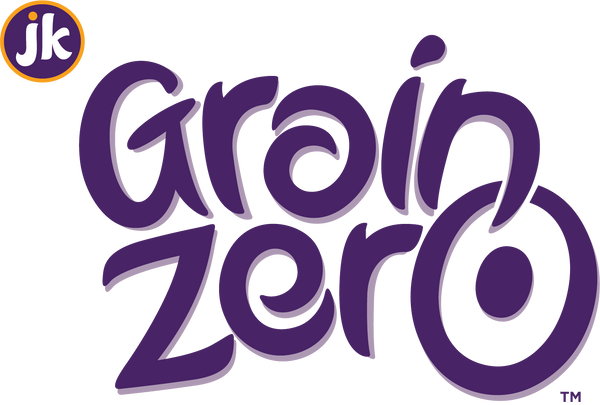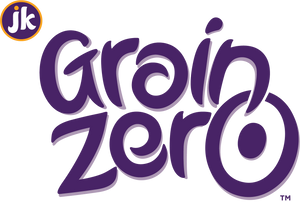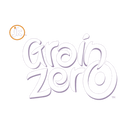What Foods Should You Eat and What To Avoid if You’re Gluten Free with Celiac Disease
Foods You Should Consume and What Not To Eat if You Want to Go Gluten Free With Celiac Disease
At Grain Zero, we understand how difficult it can be to maintain a healthy and nutritious diet when suffering from celiac disease. For those who are unfamiliar, celiac disease is a serious autoimmune disorder that occurs when the body cannot tolerate gluten. Gluten is a protein that is found in grains such as wheat, barley, and rye. When someone with celiac disease consumes gluten, it triggers an immune response that can damage the lining of the small intestine. Over time, this damage can lead to a variety of health problems, including malnutrition, osteoporosis, and even cancer.
That's why it's essential to follow a strict gluten-free diet if you have celiac disease. However, we understand that it can be challenging to know what foods are safe to eat and what foods to avoid. That's why we've put together this comprehensive guide to help you navigate the celiac disease diet and find delicious, gluten-free options that are safe for you to consume.
Gluten Foods to Avoid
The first step in managing celiac disease is to eliminate all sources of gluten from your diet. This means avoiding all foods that contain wheat, barley, and rye, as well as any products that may have come into contact with these grains during processing. Here are some examples of foods to avoid:
- Bread, pasta, and other baked goods made with wheat, barley, or rye flour
- Beer and other alcoholic beverages made with barley or wheat
- Processed foods, including soups, sauces, and dressings that may contain hidden sources of gluten
- Snack foods such as crackers, pretzels, and chips that may contain wheat or barley
- Cereals, including those made with oats, as they may be cross-contaminated with gluten during processing
What Gluten Free Foods are Safe to Eat
Fortunately, there are many naturally gluten-free foods that you can enjoy on a celiac disease diet. These foods are rich in essential nutrients and can help you maintain a healthy and balanced diet. Here are some examples of foods that are safe to eat:
- Fruits and vegetables, including leafy greens, berries, and citrus fruits
- Lean proteins, such as chicken, fish, and beef
- Dairy products, including milk, cheese, and yogurt (unless they contain added gluten)
- Gluten-free grains, including rice, quinoa, and corn
- Nuts and seeds, including almonds, cashews, and chia seeds
What about Oats?
While oats themselves do not contain gluten, they are often cross-contaminated with wheat, barley, or rye during processing. However, research suggests that most people with celiac disease can safely eat moderate amounts of oats if they are certified gluten-free [2]. This means that the oats have been tested and found to contain less than 20 parts per million (ppm) of gluten, which is the level considered safe for those with celiac disease. It's essential to read labels carefully and look for products that are certified gluten-free to ensure that you are consuming safe oats.
Conclusion
In conclusion, maintaining a gluten-free diet is essential for those with celiac disease to avoid further health complications. By avoiding gluten-containing products and opting for gluten-free alternatives, you can help your body heal and maintain optimal health. We hope that this guide has provided you with valuable information and insights into the celiac disease diet. Remember, there are many naturally gluten-free foods that you can enjoy, and with a little creativity, you can make delicious and healthy meals that are safe for you to consume.




